For a sustainable world where all live under the rule of law and are free to thrive.
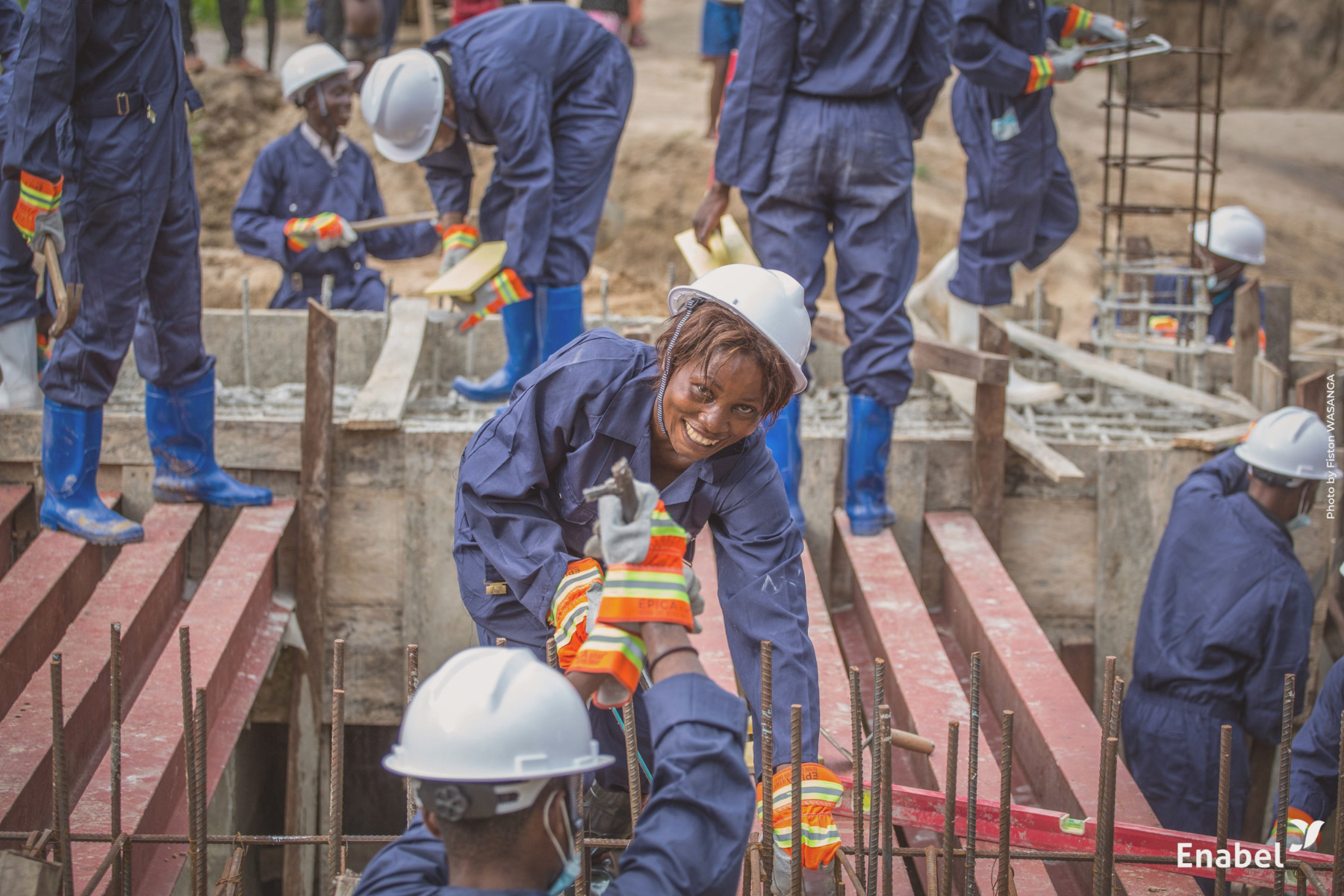
Scroll
Enabel is the development agency of Belgium’s federal government
Our mission is to implement the policy priorities of the Belgian governmental cooperation and to promote sustainable international solidarity.
More about us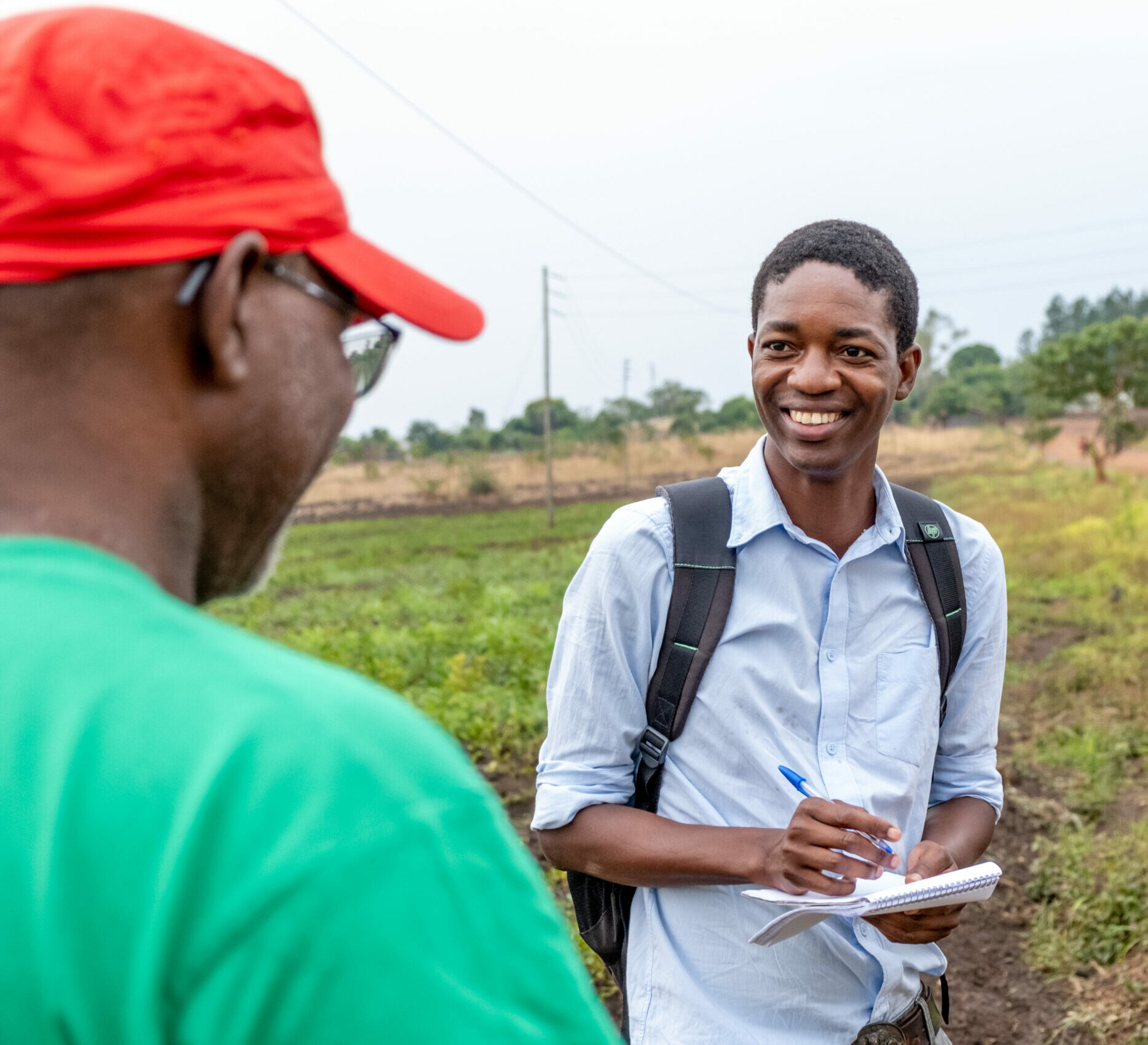
A growing agency
Our expertises
See all expertises
We support sustainable family agriculture, to improve food security and contribute to inclusive economic growth.
Agriculture & rural development
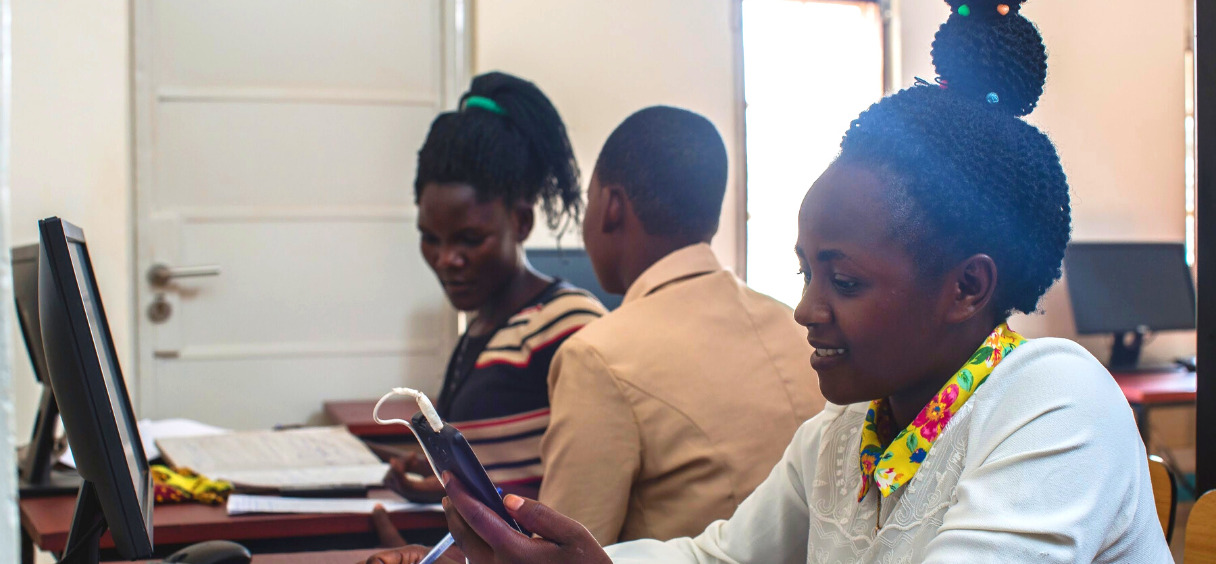
Digital technologies can foster development, help the most vulnerable populations and deliver better public services.
Digitalisation

Education is key to economic and personal development, that’s why we support education systems in several countries in Africa and the Middle East.
Education, training & employment

We improve access to energy for households, businesses and institutions. Access to electricity improves people’s quality of life, helps with the provision of better public services and fosters entrepreneurship.
Energy
Activity report 2022-2023
What have we been up to in the past year? Have a look at our activity report with some of the achievements we made together with our partners.
Read more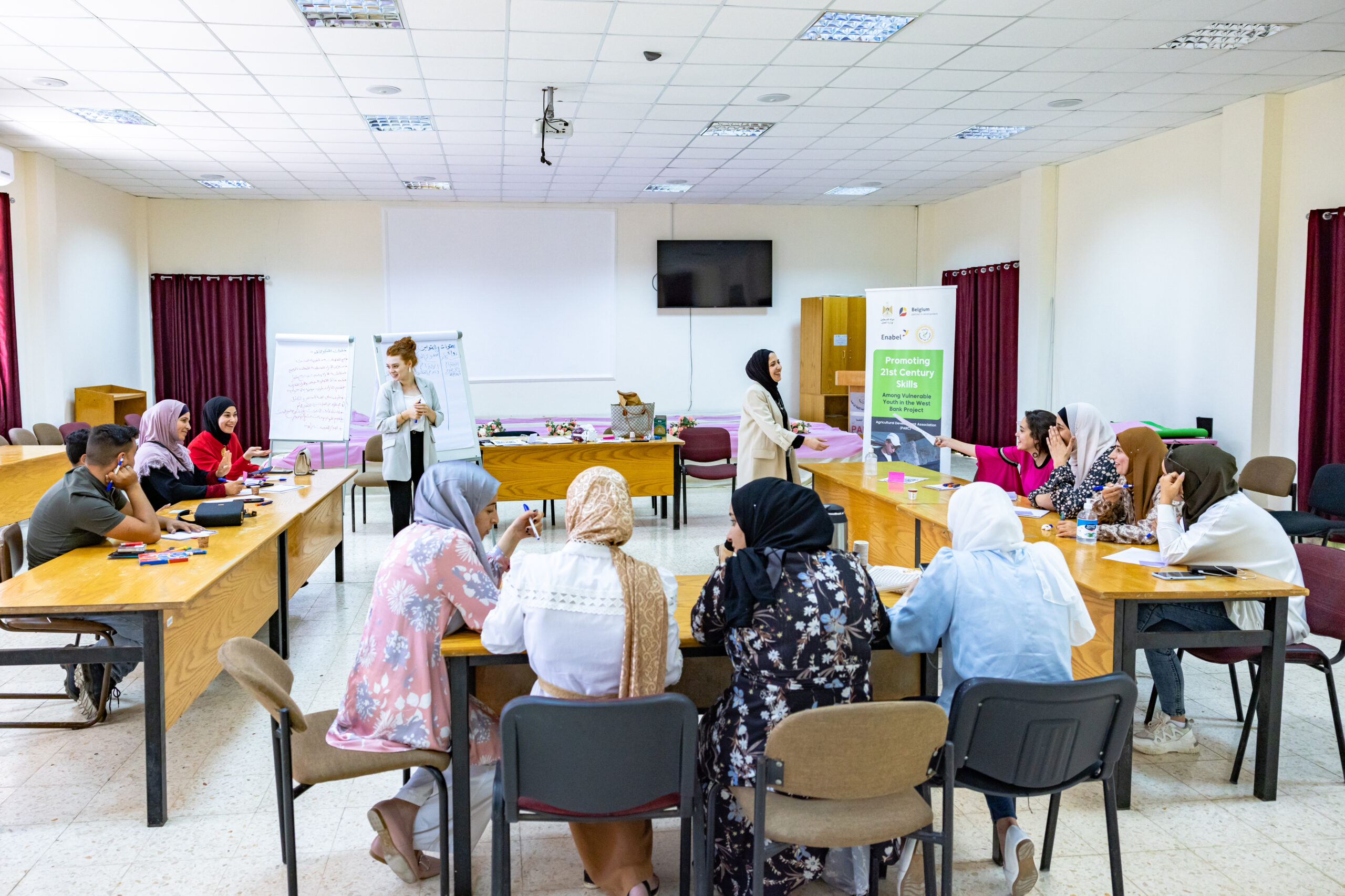
We are all world citizens
News & Events
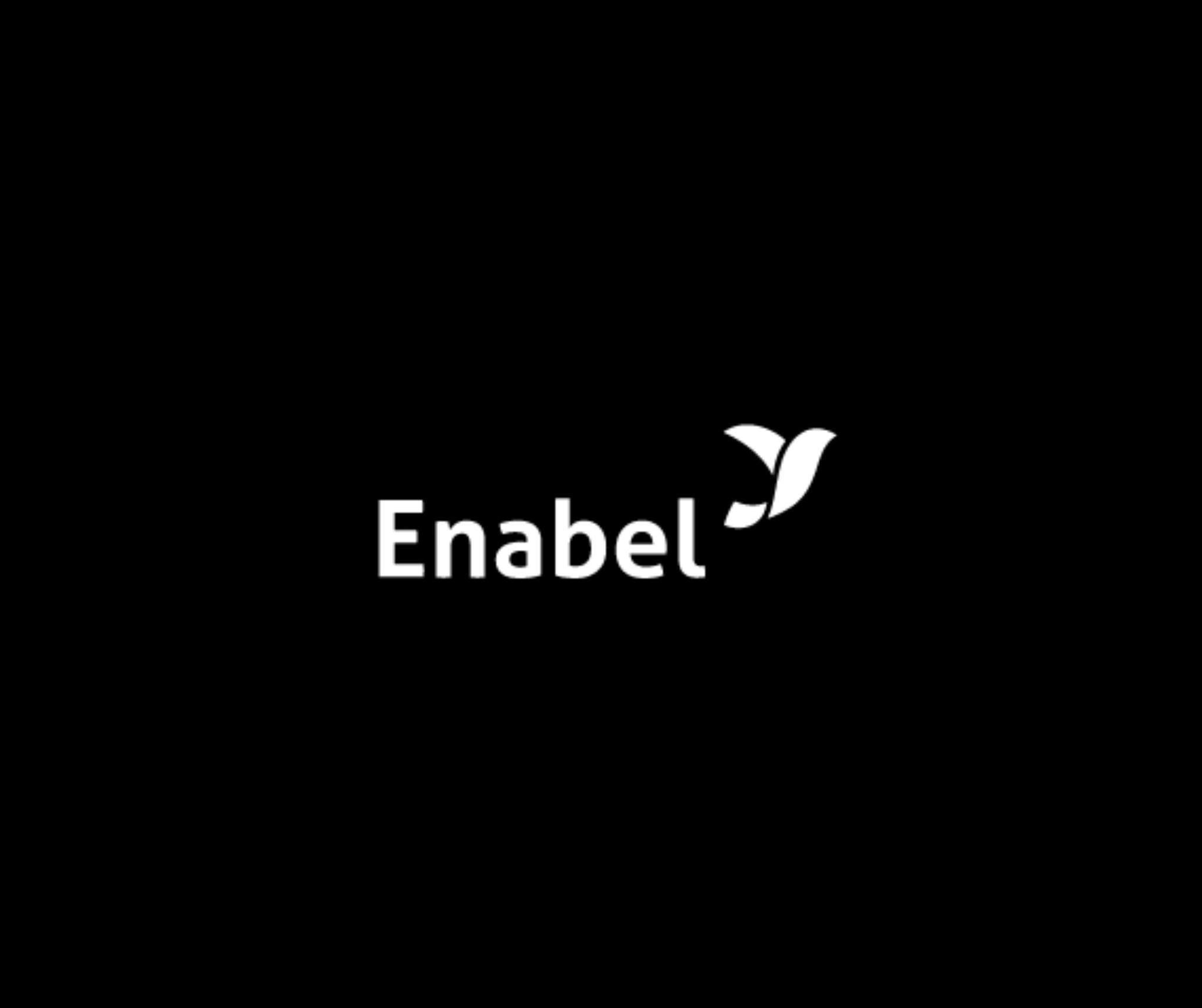 News
News
25 April 2024
Employee of Enabel in Gaza killed in bombardment
It is with deep sorrow and horror that we learn of the death of our colleague Abdallah Nabhan (33) and his 7-year-old son Jamal last night after an Israeli airstrike in the eastern part of the city of Rafah.
Read more
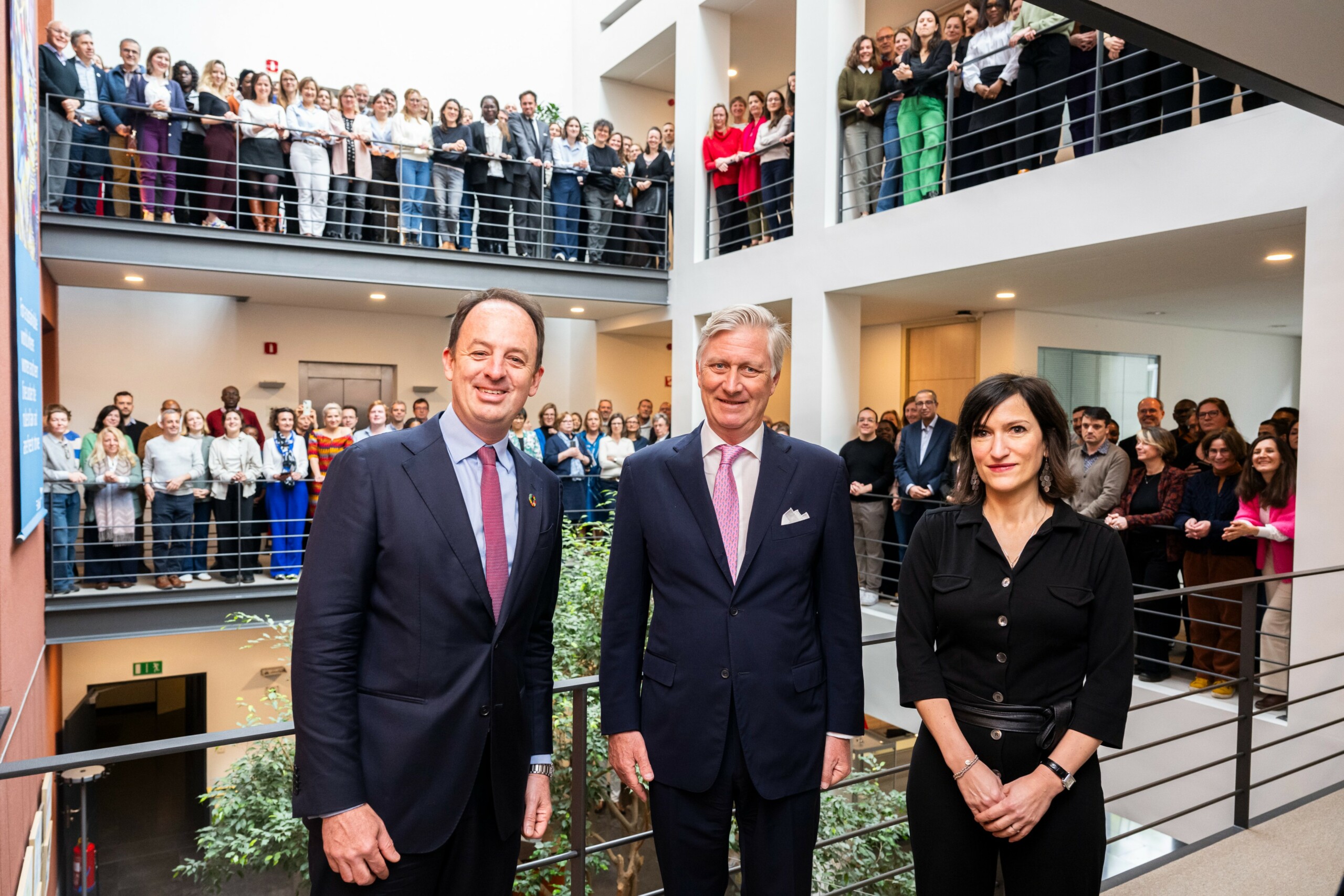 News
News
24 April 2024
King Philippe visits Enabel
King Philippe of Belgium pays an official visit to Enabel’s offices in Brussels.
Read more
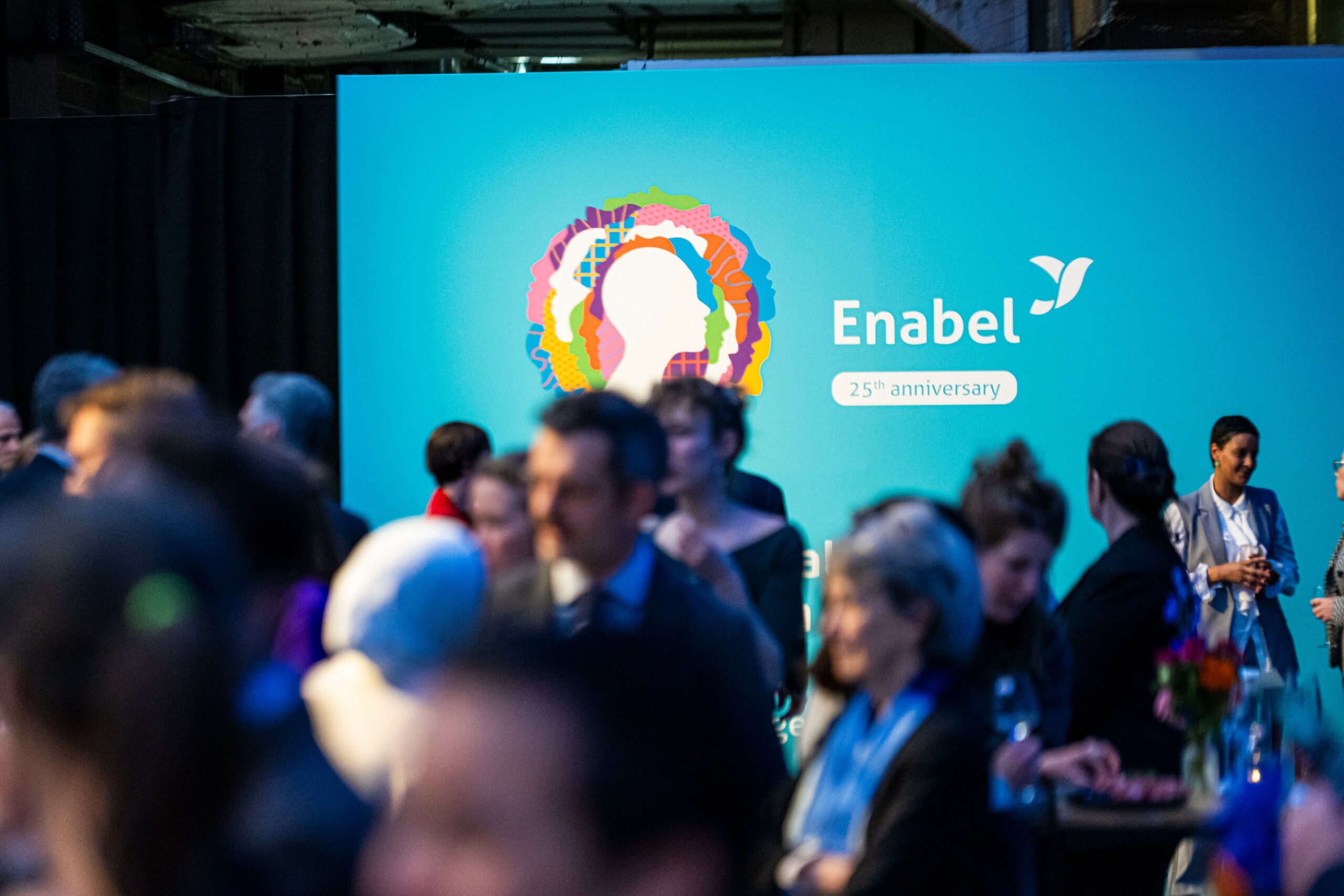 Events
Events
03 April 2024
Enabel celebrates its 25th anniversary
Is it time to upcycle international cooperation? On 28th March, we hosted the event “Upcycling international cooperation” on the occasion of our 25th anniversary.
Read more
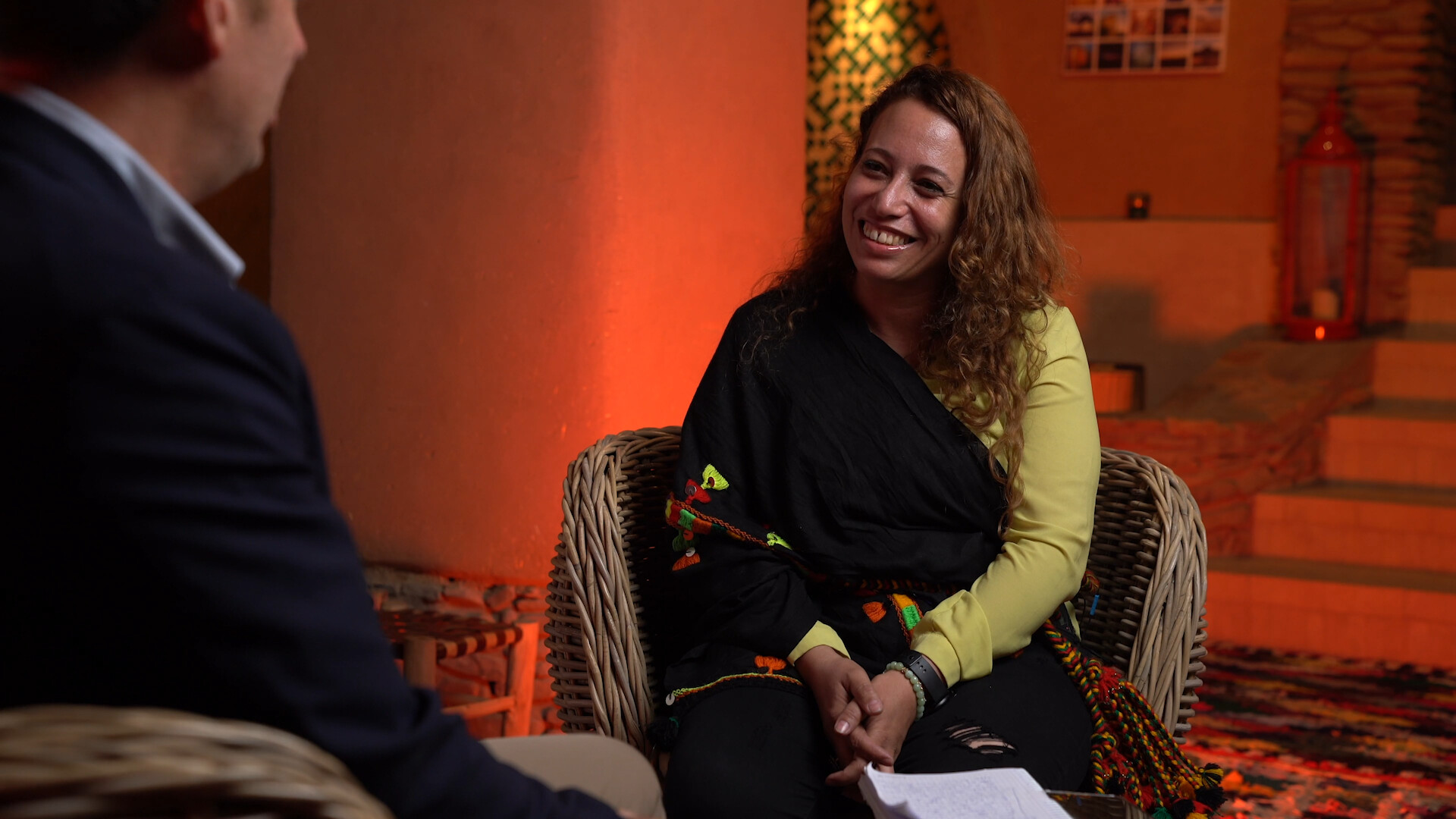 News
News
12 March 2024
#TeamBelgium invests in women
On the occasion of International Women’s Day, Enabel, BIO and the DGD honoured inspiring and resilient women.
Read more
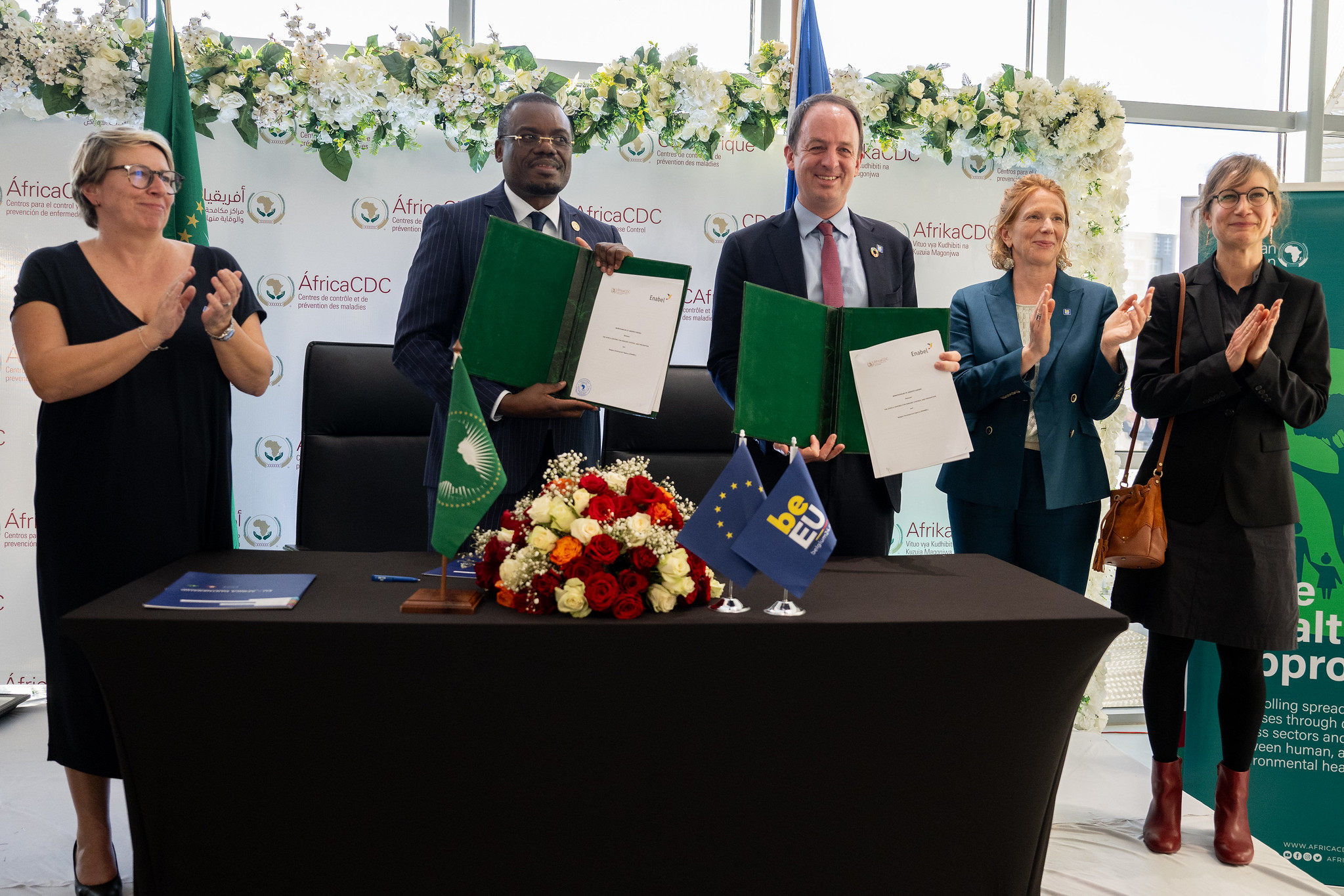 News
News
05 February 2024
Africa CDC and Enabel strengthen collaboration to reinforce health systems capacity in Africa
“This collaboration with Africa CDC is paramount to move forward and strengthen the continental health security architecture,” says Jean Van Wetter. Read more
Read more
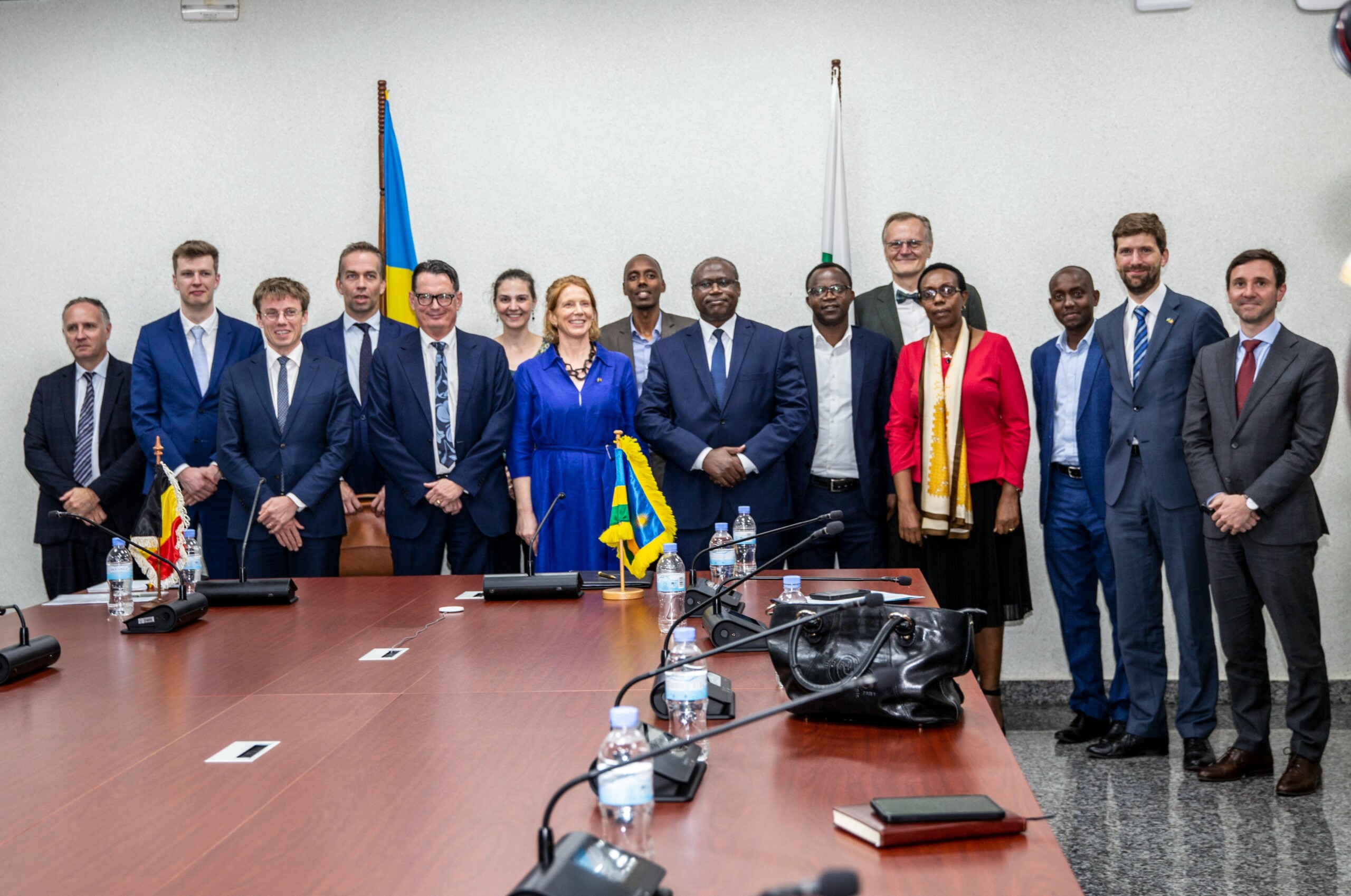 News
News
31 January 2024
Joint Press Release: Rwanda and Belgium sign new bilateral cooperation programme
The new cooperation programme strategically allocates resources across key sectors including agriculture, urbanisation and health.
Read more